Alice Mija
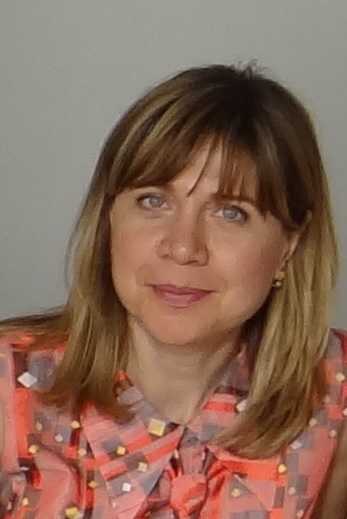
Alice Mija is Assoc. Prof. HDR at the University of Nice in France. She is a scientist with 25+ years of expertise in polymer chemistry& physico-chemistry research. She did her PhD in “Polymers & material science” at the Ecole Nationale Supérieure de Mines de Paris, Sophia-Antipolis (France). From 1992-2004 she was a Researcher at Institute of Macromolecular Chemistry “P.Poni”, Romanian Academy of Sciences, Iasi in Romania. Since 2004 she is an Assoc. Prof. at University of Nice. Her research interests lie in the design, synthesis and characterization of monomers, polymers; synthons and materials from bioresources & from wastes valorization; hybrid materials and composites; self-assembly and self-organization phenomenon in macromolecular and supramolecular polymeric systems; thermodynamics of complex reactions of anisotropic polymeric systems; phase transitions; structure/property/performance relationship;
Ed de Jong
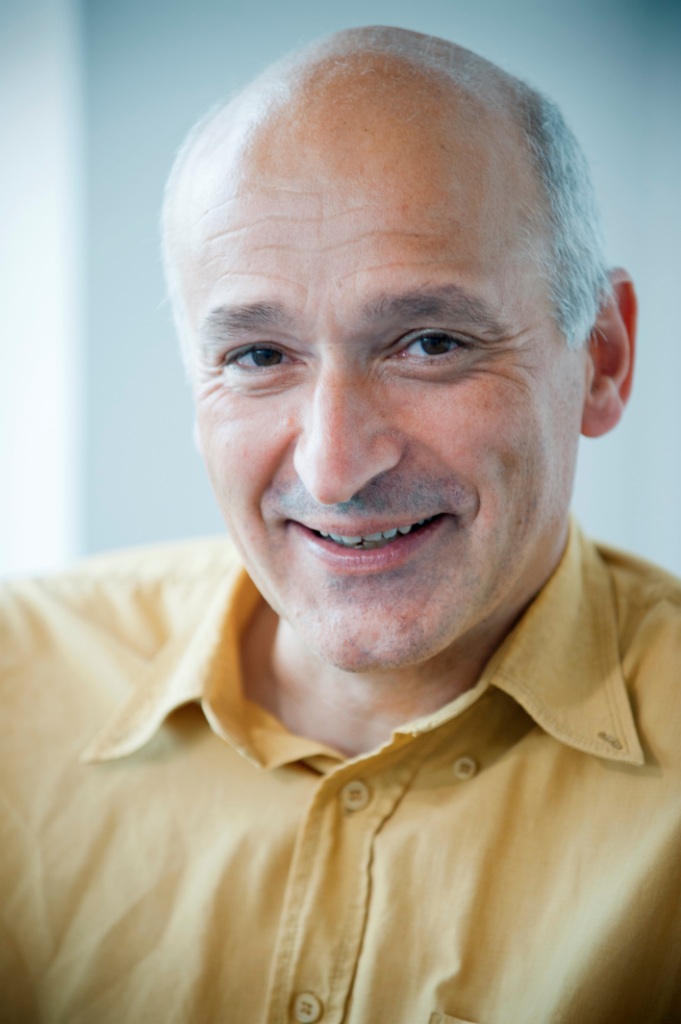
Ed graduated at Agricultural University Wageningen, the Netherlands and also defended his PhD thesis at the Agricultural University Wageningen, the Netherlands on the degradation of lignocellulose by white-rot fungi (1993). He has been research associate for 3 years at the University of British Columbia, Vancouver, Canada at the group of Jack Saddler, on the use of softwood species for biofuels application. He has been Head of the Department of Fibre and Paper Technology, Food and Biobased Research, Wageningen University & Research Centre, The Netherlands. He joint Avantium Chemicals in 2007. He is currently VP Development – responsible for Public-Private partnerships of Avantium, feedstock selection and pretreatment (Avantium’s Zambezi technology) and Catalytic Biomass Conversion of carbohydrates into building blocks for polyesters such as PEF a improved replacement of PET. He is also involved in the production of aromatics from furanics via the so-called Diels-Alder chemistry and the valorization of side products of the YXY Process, cq humins and levulinates. He is co-chair of the IEA-Bioenergy Task 42 on biorefineries.
Erica Ording
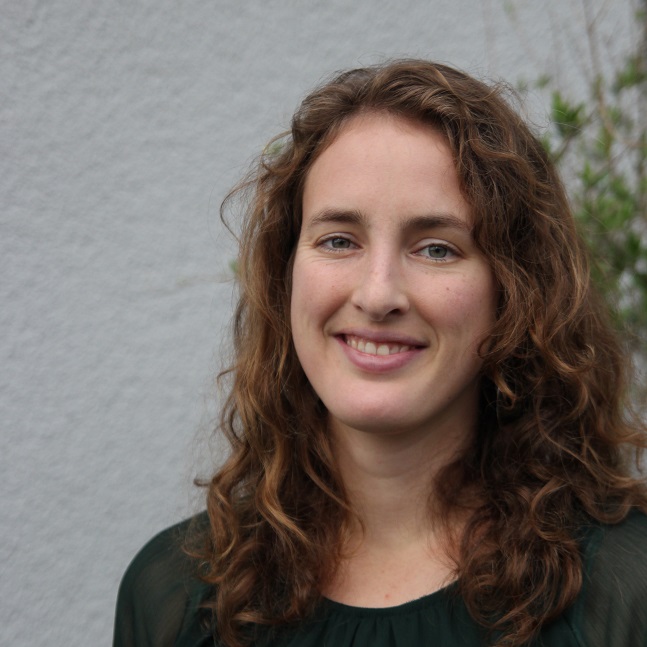
Erica did her studies at Leiden University. She started in 2010 with a PhD at the same university under the supervision of prof.dr. E. Bouwman in the field of coordination chemistry and homogeneous catalysis. She finished in 2015 and started working in the Chemical Sciences department of the Netherlands Organisation for Scientific Research (NWO) as a programme manager. Since 2017 she is working as a Project leader at Avantium in the Renewable Chemistries department. Here she is responsible for the operational management of the waste-stream valorization group.
Gerard van Klink
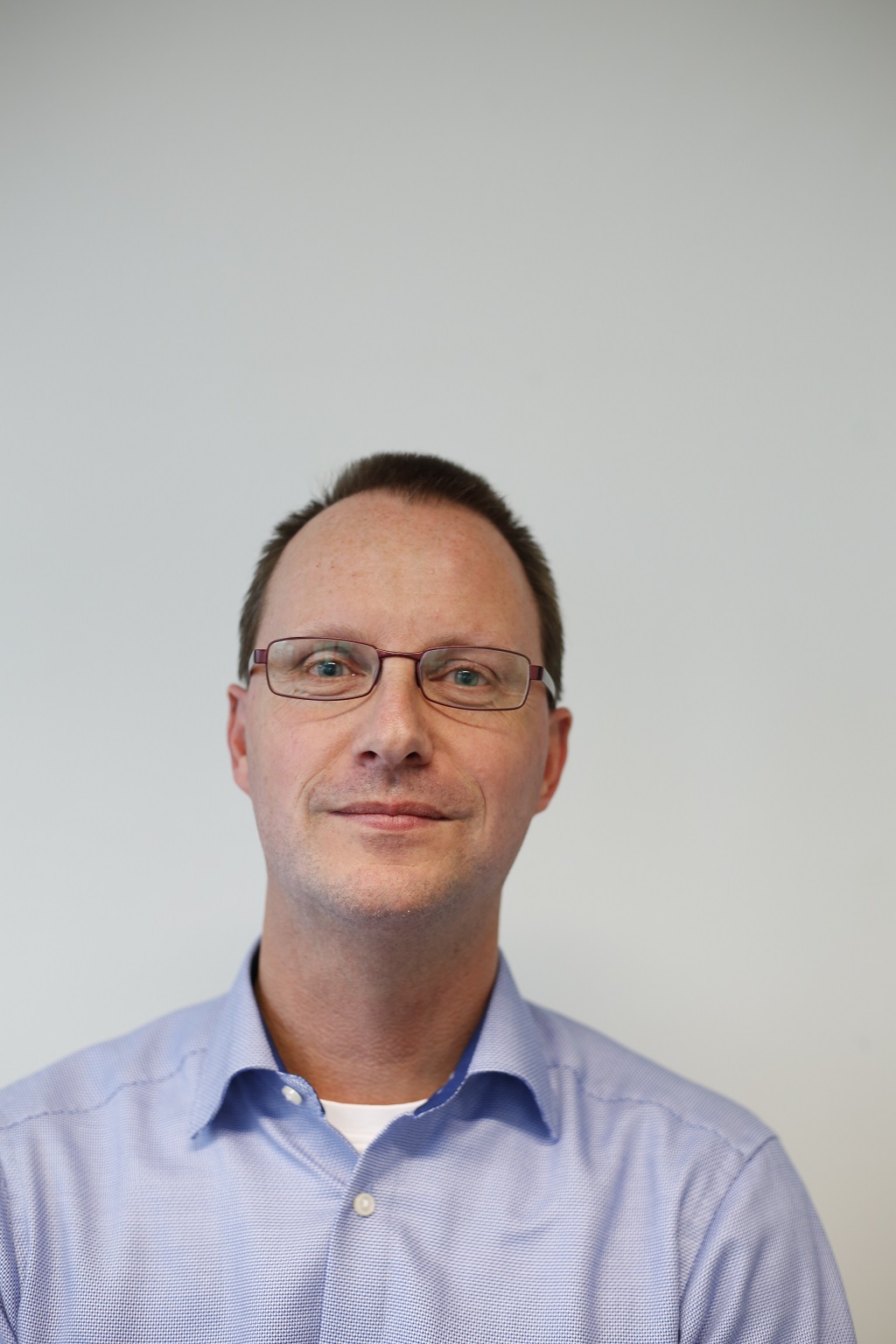
Gerard van Klink received his academic education at the Vrije Universiteit Amsterdam. His master studies were completed in 1992 with major and minor subjects in organic and physical chemistry, respectively. Under the supervision of Prof. F. Bickelhaupt he completed his PhD study on the mechanism of formation of organomagnesium compounds. He worked as a post-doctoral fellow on the design and synthesis of co-catalysts for Ziegler-Natta polymerization processes (VU), and on low-valent catalysts for olefin polymerization in the group of Prof. J. Eisch at the State University of New York at Binghamton. In December 1998, he accepted an assistant professor position at Utrecht University (UU) in the Department of Organic Chemistry and Catalysis headed by Prof. G. van Koten. Subsequently, he worked in the field of metal-organic frameworks at the Delft University of Technology. After working as a lecturer at the University of Applied Sciences, Utrecht, and as a chemist at the cyclotron group of the Radiopharmacy Department of the Medical Center Alkmaar, he now works, since 2014, as program manager at the Renewable Chemistries group at Avantium.
Guy Marlair
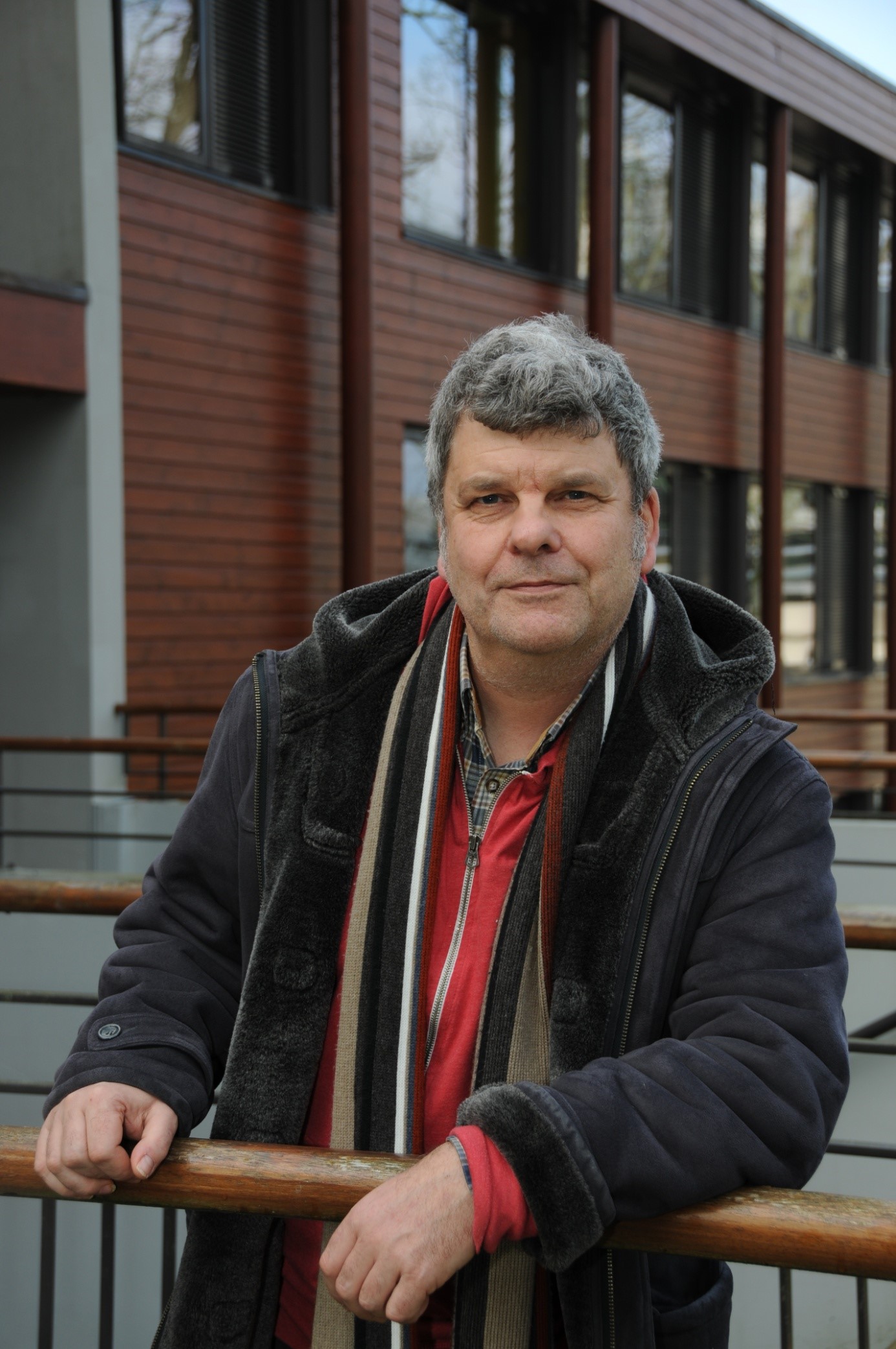
Guy MARLAIR has obtained an Engineering degree (Ms) at Mines de Douai high engineering School in 1983 in France and obtained his ‘Ability to Supervise Research’ post-doctoral diploma (HDR) in 2013 from U. of Compiègne (France). Guy has achieved first professional experience in R&D in the domain of fluidized bed Combustion for 5 years at CERCHAR in Mazingarbe.
He then moved to head the large-scale fire testing laboratory at INERIS in 1989 where he has then occupied a variety of positions in the domain of fire and explosion safety, energetic material certification and material and process safety.
Guy has been involved in EU and international (USA) collaborative research for nearly all his career until now, started at EU level in the Joule programme (FP3). Guy’s current position is Research Manager at Process and Substances Section of accidental risk division at INERIS where he also acts as technical advisor for the other activities in which the institute is involved.
Guy is also a member of several national and International Standardization Committees (Convenor of IEC TC120 WG5) and Groups f Experts (like IGUS).
Guy is the author or co-authors of numerous scientific papers distributed in some 15 peer reviewed Journals, has presented numerous cmmunications at international conferences and has contributed to about 10 book chapters in the domain or combustion and material/infrastrructure safety. His current research interests encompass biorefining safety, electric energy storage safety and additive manufacturing safety focused aspects.
Hans de Vries
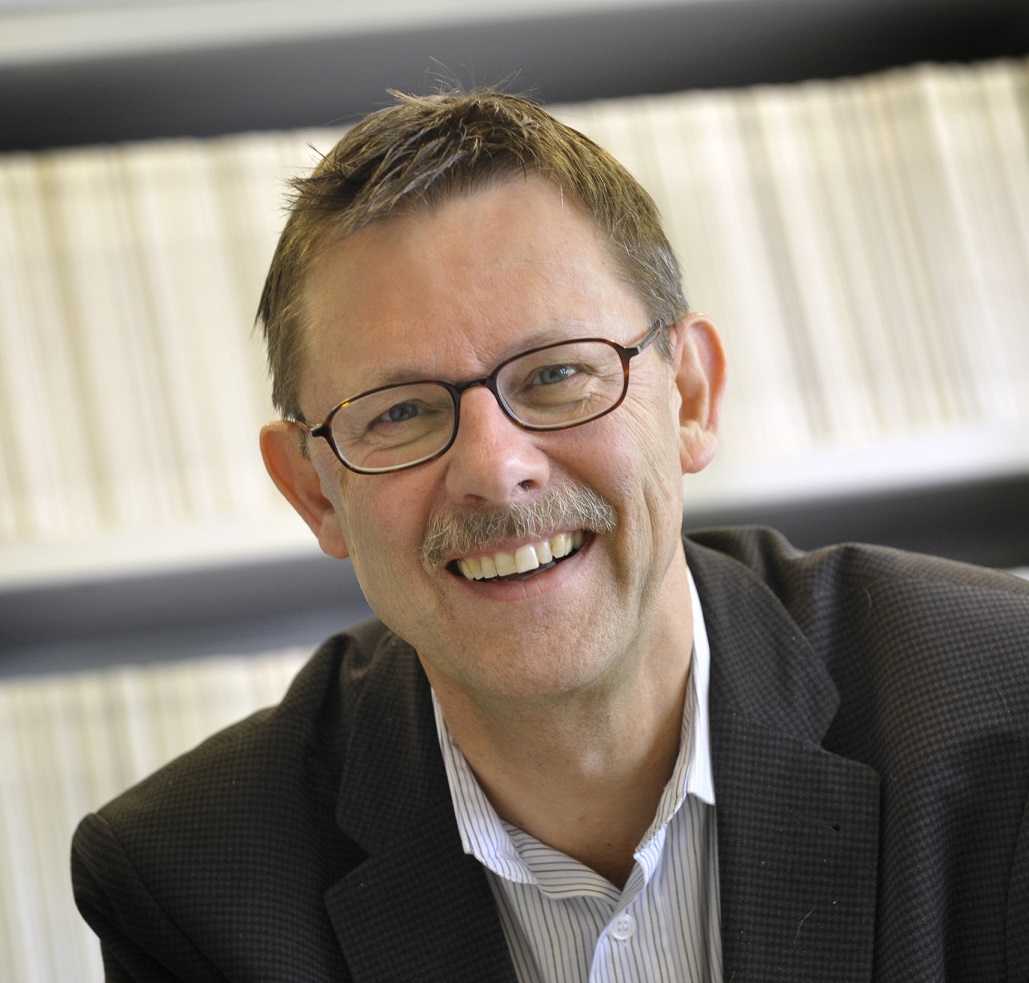
Hans de Vries received a PhD from the University of Groningen in 1979. After a postdoc at Brandeis University, Waltham, USA, his first job was as a medicinal chemist with Sandoz in Vienna and in London. From 1988-2013 he worked for DSM in Geleen, The Netherlands, lastly as a Principal Scientist in the area of Homogeneous Catalysis. In 1999 he was appointed part-time professor at the University of Groningen. In 2014 he commenced a new career as Department Head Catalysis with Renewables at the Leibniz Institute for Catalysis in Rostock, Germany. His research interests are in the areas of homogeneous hydrogenation, metal-catalysed C-C and C-X bond formation, combinatorial catalysis, nanocatalysis and catalytic conversion of renewable resources and platform chemicals. He is the recipient of the 2013 Paul N. Rylander Award from the Organic Reactions Catalysis Society for Outstanding Contributions to the Science of Catalysis in Organic Chemistry. Since 2016 he is a fellow of the Royal Society for Chemistry.
Jan Kees
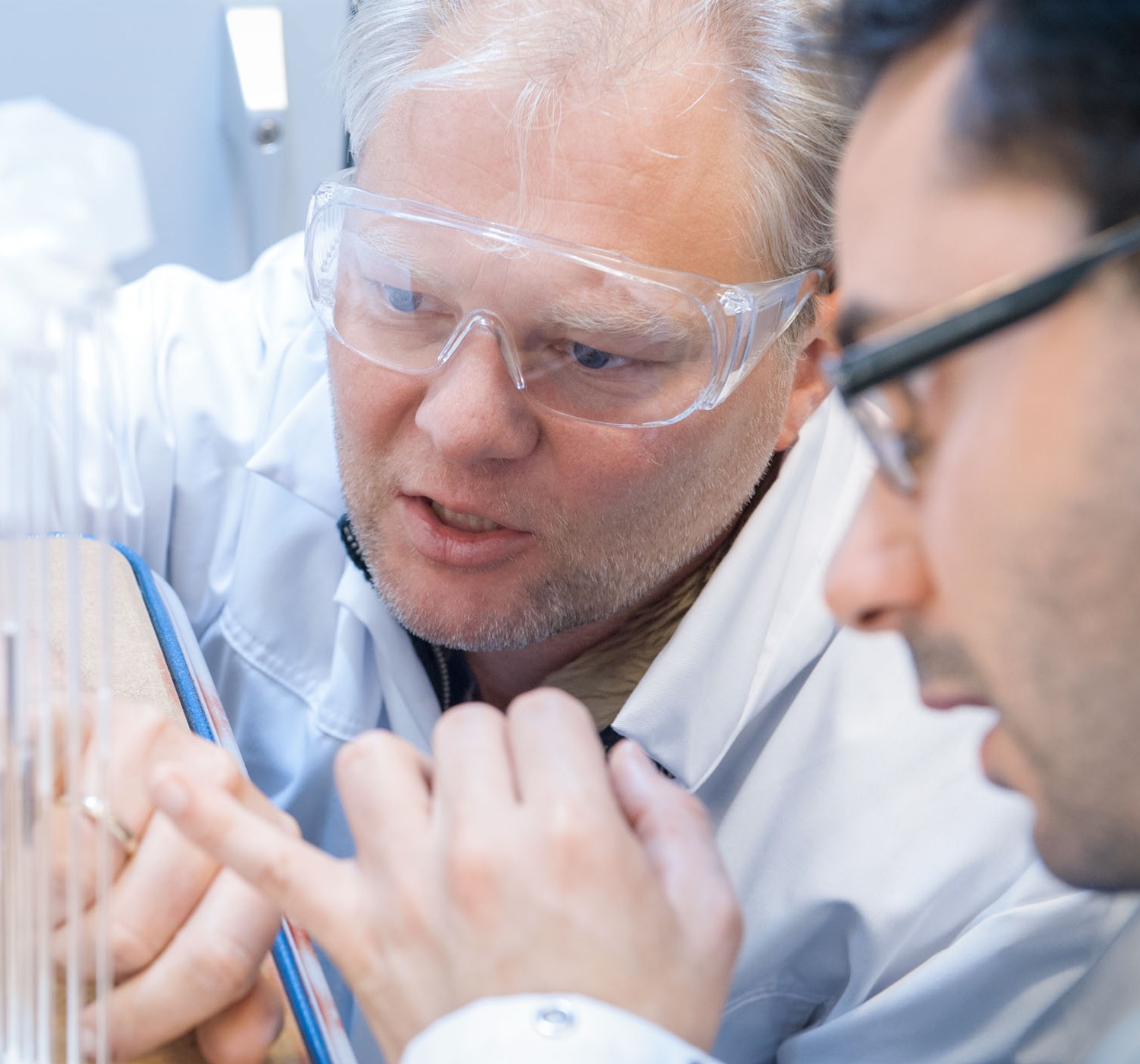
Jan Kees C. van der Waal was born in Zwijndrecht, the Netherlands in 1968. He studied Chemical Engineering at Delft University of Technology (1987−1993) and received his PhD at the same institute in 1998. He did a Postdoctoral at the Royal Dutch Shell research and technology center in Amsterdam for 2-years. Co-founding in 2000 and since then working for Avantium Technologies. Currently he is Principal Scientist in the Renewable Chemistries department covering the area of biorenewable feedstocks conversions in particular oxygenate conversions, such as sugars; syn gas chemistries, such as Fischer−Tropsch, methanol, and ethanol synthesis; and selective oxidations and hydrogenations.
Nathanael Guigo
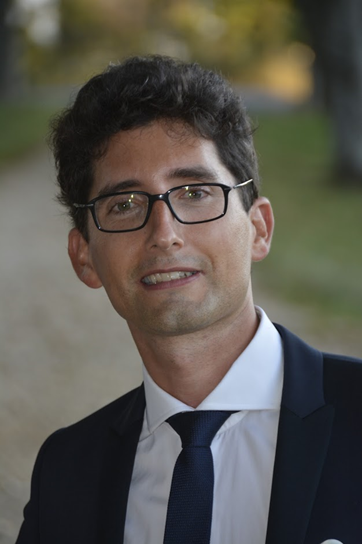
Nathanaël Guigo received his Ph.D. in 2008 from the University of Nice Sophia Antipolis (France) in the field of furanic based polymers. He joined the Centre de Recherche sur les Macromolécules Végétales (Grenoble, France) as a post-doctoral fellow to work on the inclusion of cellulosic fibers in high performance composites. In 2010, he became associate professor and in 2013, he obtained a secondment to Avantium to work on poly(ethylene 2,5-furandicarboxylate) and to initiate seminal works on humin-based composites. His scientific work has been published in more than 35 papers or book chapters and he has been actively involved in three EU projects relative to the valorization of biomass into new materials.
Nicolas Sbirrazzuoli
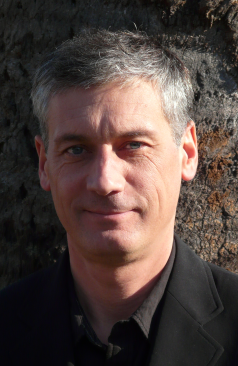
Prof. Dr. Nicolas Sbirrazzuoli leads the Eco-Friendly Materials and Polymers Team of the Institute of Chemistry of Nice. From 2000-2003 he was director of the Laboratory of Experimental Thermodynamics and from 2006-2008 director of the Institute of Chemistry of Nice. He contributed to develop “Advanced Isoconversional Kinetic Analysis”, a novel method for kinetic analysis of thermally stimulated processes. He developed original methods for application of thermal analysis, calorimetry, dynamic mechanical analysis and rheometry to a wide variety of polymeric materials and software for kinetic analysis of thermal and calorimetric data. His research focus on physical-chemistry of synthetic and biobased polymers and nanocomposites; mechanisms of polymerizations; crystallization, glass transition, physical ageing and degradation of polymers; reactions involved in the elaboration of nanostructured materials and nanocomposites, biodegradable and renewable polymers, valorization of biomass and of side-stream products from biorefineries (lignin, humin). He was involved in several European projects and published over 100 peer reviewed articles and proceedings, 2 chapters book. His research work has obtained more than 4600 citations (source Scopus©, April 2017).
Sandra Hinze
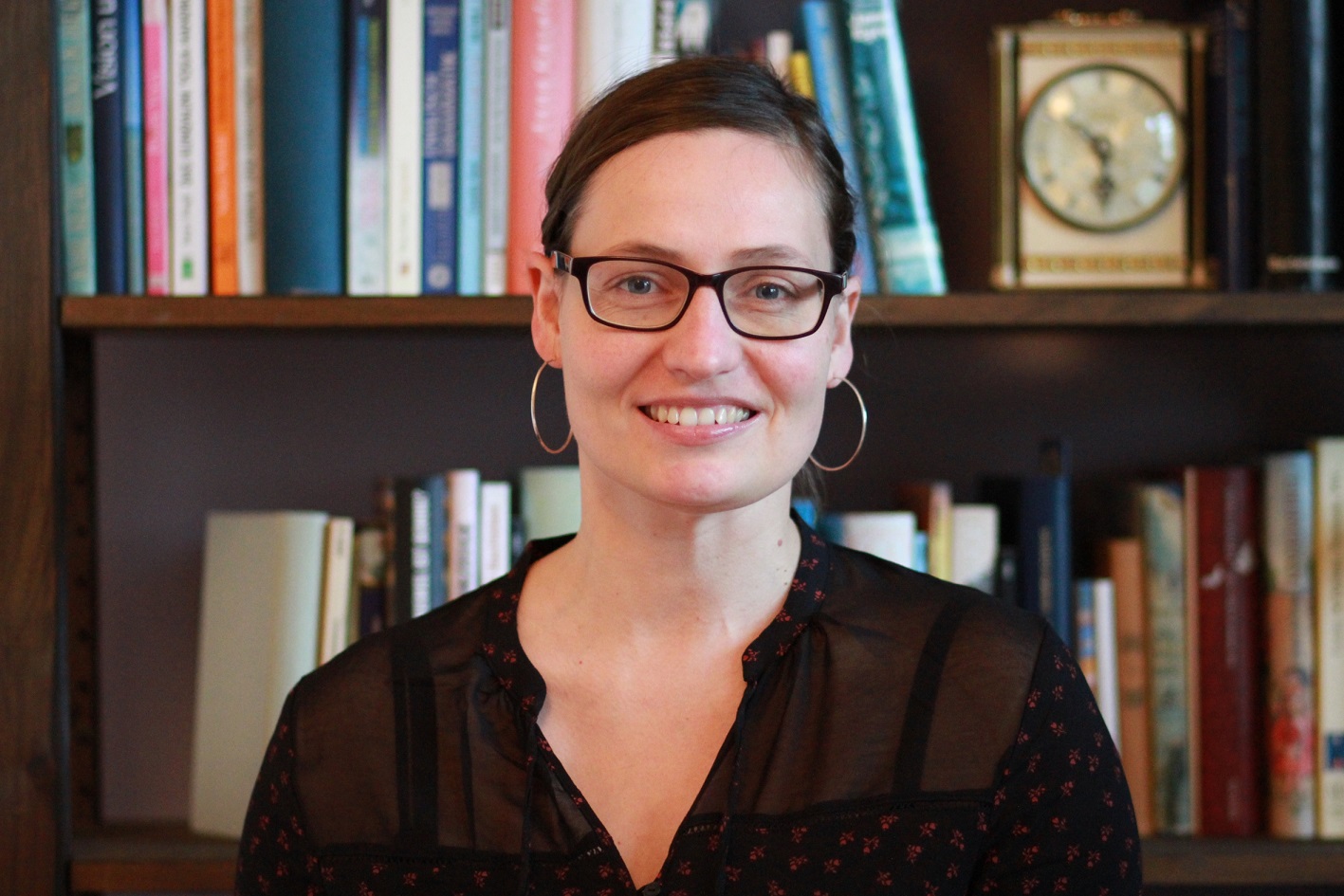
Sandra Hinze, née Hübner, studied chemistry at the TU Berlin, the University of Strathclyde in Glasgow, and the University of Stuttgart. After that, she joined the group of Prof. Beller for her PhD studies on the development of a novel diastereoselective multi component reaction. With this organochemical background, she started to work as a research associate at the Leibniz Institute for Catalysis on micro reaction engineering in 2007. Since 2014 she has been group leader at LIKAT in the field of catalysis with renewables & platform chemicals in close cooperation with Prof. de Vries.